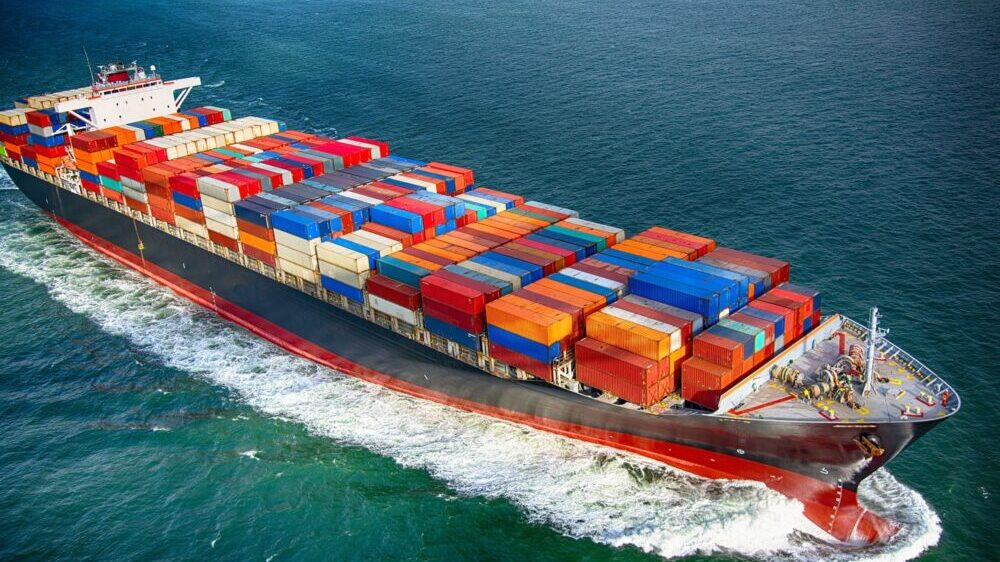Pakistan has considerably improved its implementation of the World Trade Organization’s (WTO) Trade Facilitation Agreement (TFA) from 34 percent in June 2018 to 79 percent in November 2020, stated the Federal Board of Revenue (FBR) in a press release.
Due to the improvement in the implementation of the TFA, Pakistan has advanced by thirty-one positions in the Trading Across Border Index, which has tangibly contributed to Pakistan’s rise (from the 136th position to the 108th position) in the Global Fund’s Annual Ease of Doing Business 2020 Report.
ALSO READ
SBP Warns Of Forced Repatriation of Overseas Pakistanis
Pakistan’s implementation of the WTO’s TFA is greater than regional countries like India and Bangladesh whose implementation rate is 78.2 percent and 36.1 percent respectively. Furthermore, Pakistan’s implementation rate is higher than the average of all the WTO members (which is at 65.5 percent) and the average of all the developing countries (which is at 65.2 percent).
Trade facilitation is an effective driver for the stimulation of economic activity, attracting foreign direct investment, promoting exports, and generating employment. Pakistan Customs, FBR followed an integrated plan under the directive of Prime Minister Imran Khan to thoroughly facilitate the trade (involved in imports, exports, and transit) to achieve the strategic objectives for economic and export-led growth.
Chairman FBR had specifically designated project teams under Member (Customs) to ensure the implementation of the WTO’s TFA in Pakistan. The teams worked industriously and led to the substantial implementation (and compliance with) the TFA, and have comprehensively facilitated national/regional/international trade.
The salient TFA reforms/provisions that have been implemented are the Authorized Economic Operators (AEO) Program, Advance Ruling, Electronic Payments, Pre-Arrival Processing, Freedom of Transit, Opportunity to Comment and Information before Entry into Force, Temporary Admission of Goods and Inward and Outward Processing, and Risk Management and Post Clearance Audit. Additionally, according to the WTO, Single Window and Border Agency cooperation are among the most difficult-to-implement (and the least notified) provisions.
Despite this, significant work has been done on these important areas with the help of the World Bank and the Asian Development Bank (ADB), and these provisions will be duly implemented in Pakistan.
Pakistan’s implementation of the WTO’s TFA has been acknowledged worldwide. According to the World Bank, Pakistan has made the list of the top ten governments that have done the most in the past year to improve the ease of doing business in their countries.
ALSO READ
Pakistan Industrial Expo 2020 Ends With $14 Million Deals Between Pakistan And China
The OECD Trade Facilitation Indicators Database (2019) has also acknowledged Pakistan’s best performance across the areas under the TFA. Moreover, The World Customs Organization (WCO) stated that “considering the recent advancement of Pakistan Customs administration for proceeding TFA, Pakistan Customs administration is very suitable to be listed in the successful countries.
Pakistan Customs, FBR is committed to implementing the Prime Minister’s vision of transforming/upgrading the facilitation level for trade and to make Pakistan a regional hub of trade activities.

























